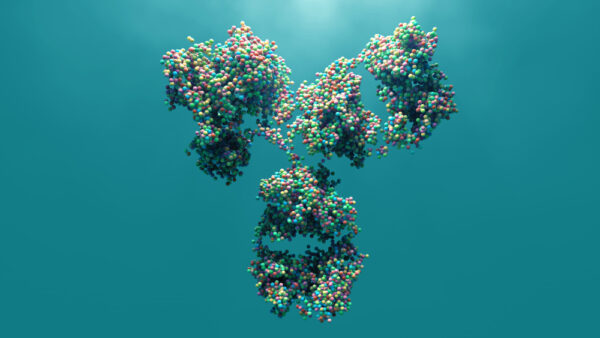
Innovative therapeutic antibodies with unique pH-sensitive properties are emerging as a promising approach in oncology, offering enhanced specificity and reduced on-target off-tumor effects.
These antibodies are designed to be active only in the acidic tumor microenvironment (TME) for improved efficacy and safety profiles.
pH-sensitive antibodies offer several significant advantages in therapeutic applications such as improvement of targeting and specificity, increased therapeutic efficacy and optimized pharmacokinetics properties:
These innovative antibodies represent a significant advancement in cancer therapeutics, offering the potential for more precise and effective treatments across multiple oncology indications.

Backed by Mabqi proprietary know-how on antibody library design, our innovation team developed a next-generation fully human synthetic pH-sensitive naive library based on optimized paratopes.
This approach allows for:
The pH-sensitive antibody technology demonstrates remarkable adaptability to various pharmaceutical development formats:
Monoclonal Antibodies:
mAbs with pH-sensitive binding properties are developed to enhance a therapeutic efficacy and reduce side effects. This particular characteristic can be leveraged to precisely target cells in acidic microenvironments, such as tumors.
Antibody-Drug Conjugates (ADCs):
pH-sensitive antibodies can be incorporated into ADCs, potentially enhancing tumor-specific drug delivery and minimizing systemic toxicity.